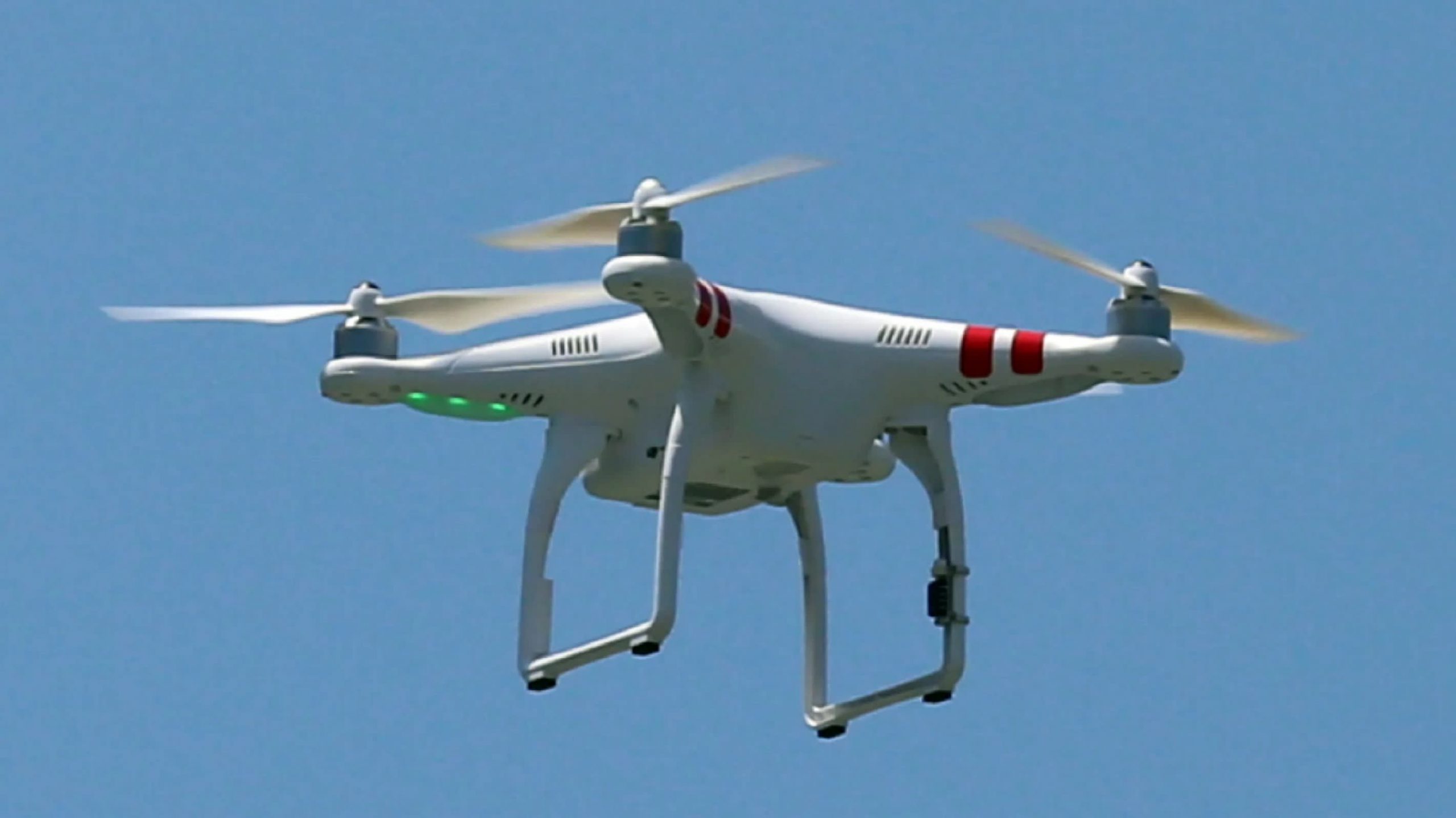Drone delivery of goods and critical services via mobile networks is a step closer following successful testing by Vodafone and Ericsson. The proof of concept trial, carried out this month in Germany, proved how safe and secure flight path corridors can be established within network coverage.
The testing at Vodafone’s innovation centre in Aldenhoven, Germany, used network traffic data to ensure that drone paths avoided areas of poorer network coverage or heavily loaded cells. By doing so the drone is guaranteed connectivity from departure point to destination. It allows drone operators to use coverage maps to plan a secure and reliable connection path between the drone and the control centre.
Non-mobile network drone range is limited to line of sight operation. Using mobile networks for drone delivery will significantly expand the flying or delivery range, including beyond line of sight use. This creates innovation potential across a range of delivery services, including emergency health care provision. Drone use cases are also being pursued in utility, industry and mobile network infrastructure monitoring, as well as in emergency or natural disaster response.
Vodafone and Ericsson also explored how the mobile network could be used to control key drone features, such as the ability to instantly improve the definition of an on-board video camera without impacting other services. Such capabilities would be relevant in situations where live video streaming is not required for the entire flight, such as inspecting a suspension bridge.
Johan Wibergh, Chief Technology Officer, Vodafone Group, says: “Our network has evolved into a powerful platform built on machine learning and artificial intelligence, capable of delivering video, TV and data services at gigabit speeds. As we enter the next stage of our evolution, we will use our software-driven, intelligent network to deliver new digital services that aid society.“
He adds: “The responsible use of drones is one such example. They can assess fires, deliver medical supplies, and help businesses survey hazardous conditions, such as construction sites, power lines and our own mobile masts, quicker and more safely.”
Erik Ekudden, Chief Technology Officer, Ericsson, says: “Drones are immensely powerful tools for many businesses. We are still only scratching the surface of the possibilities they will open up, which makes our collaboration with Vodafone all the more exciting. Smarter network capabilities on our reliable mobile network will enable key industries such as healthcare, construction, and agriculture to accelerate site deployment, reduce health and safety hazards, and save lives.”
He adds: “With this technology, service providers can expand their cellular IoT services for enterprises, confidently meet regulatory measures. This is another milestone Ericsson’s partnership with Vodafone, as we continue to evolve our network and meet the diverse needs of fundamental industries.”
































